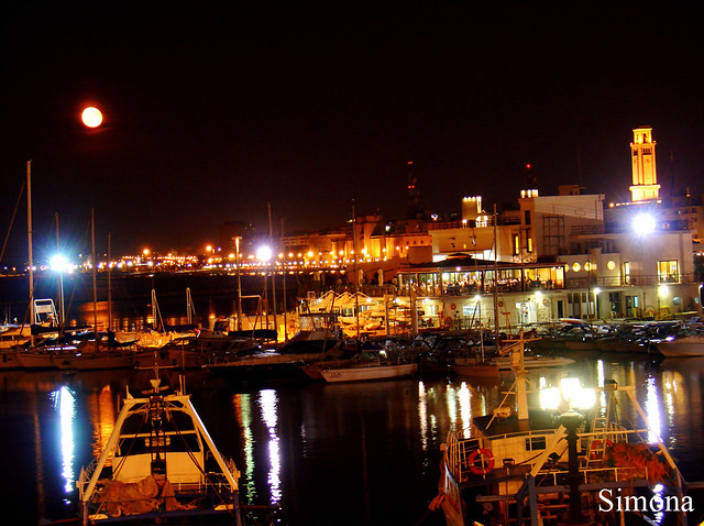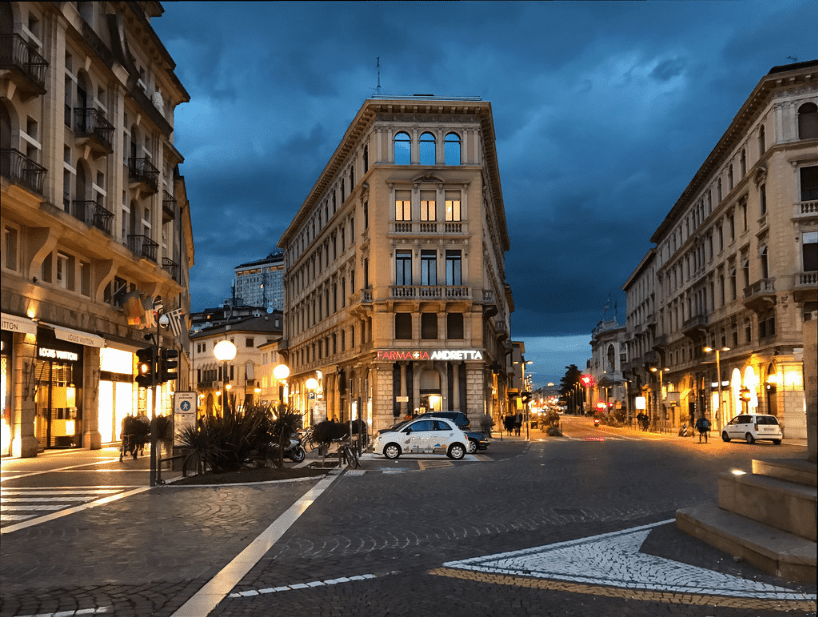Medicine and Surgery Course Details
| Teaching Language | English |
| Non-EU Seats | 40 |
| EU Seats | 103 |
| 2022 IMAT Score (Non-EU) | 43.8 |
| 2022 IMAT Score (EU) | 45.8 |
Facts About The University
| QS Ranking | 200-250 |
| Founded in | 1361 |
| Number of Students | 21,903 |
| Academic Staff | 981 |
| Status | Public |
| Fees | 156€-3500€ |
The University of Pavia is among the oldest universities in the world. It was established in 1361 and then has become one of the prestigious universities in Italy and Europe. Although the first purpose of the University focused on law studies in 825 A.D., the University has begun to offer many different programs and improve their quality of education after 1361. Nowadays, the University includes 9 different faculties with approximately 24.000 students. The campus is divided all over the city.
The University of Pavia gained to prominence in Europe as a result of reforms carried out in the 18th century by the Empress Maria Theresa of Austria and her son Joseph II, and it is currently home to an incredible number of notable alumni, distinguished academicians, and Nobel Prize winners.
Today, the University of Pavia is a research-intensive university that encourages cutting-edge interdisciplinary projects, an internationalization-driven university that participates in agreements with prestigious institutions around the world, a job-oriented university that builds strong networks and significant business opportunities.
The University of Pavia is ranked among the top 500 institutions in the world by Times Higher Education (THE), while the CWUR World University Rankings for 2018–2019 place it at position 366 globally. According to the QS World institutions Rankings, the university is among the top 600 institutions in the world.
Due to its reputation and the fact that it is one of the oldest educational institutions continuously upholding its culture, traditions, and historical significance, the University of Pavia is ranked 13th countrywide.
Pavia has been promoting collaboration with universities in underdeveloped nations since 1987 through a program known as CICOPS in an effort to support collaborative research projects and innovation. It also participates in the Marco Polo program, which is exclusively offered by a small number of Italian educational institutions and aims to boost the number of Chinese students studying in Italy by providing assistance with language lessons.
The Coimbra Group and the European University Association both have Pavia as a member. The university’s history museum and botanical garden are two of its key attractions.
Significantly, the Medicine and Surgery program at the University of Pavia offers medical students the San Mateo Medical Center facilities among the most famous and advanced research hospitals in Italy.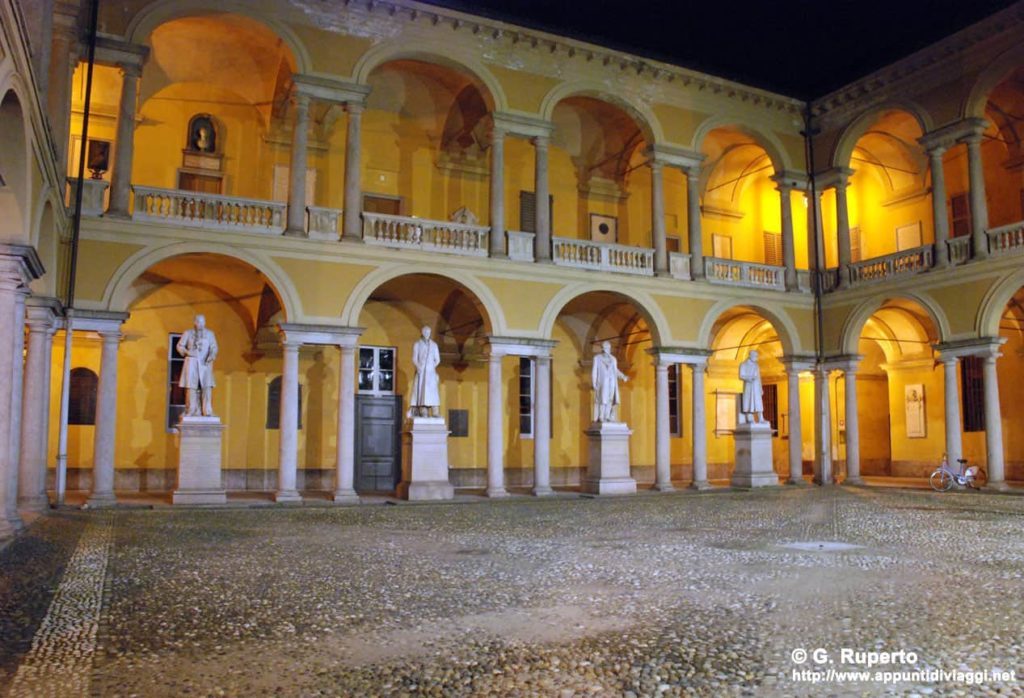
Location of the University of Pavia
The University is located in a small and charming city called Pavia, in the Lombardy region of northern Italy. The city has a 72.000 inhabitants and is really close to Milano. Lombardy is the wealthiest region of Italy. Although Pavia is a small city, several high-quality shops and events make the city worth living in.
The Famous People Graduated from The University of Pavia

The quality and prestige of the university also come from its famous alumnus who has contributed to science and world heritage all over the years. The university’s most famous alumni are probably Camillo Golgi, who won the Nobel prize in 1906 by discovering Golgi Apparatus.
The discovery of the volta battery was also achieved by another famous person who graduated from the University of Pavia, Allesandro Volta.
The Harvey Medicine and Surgery Course 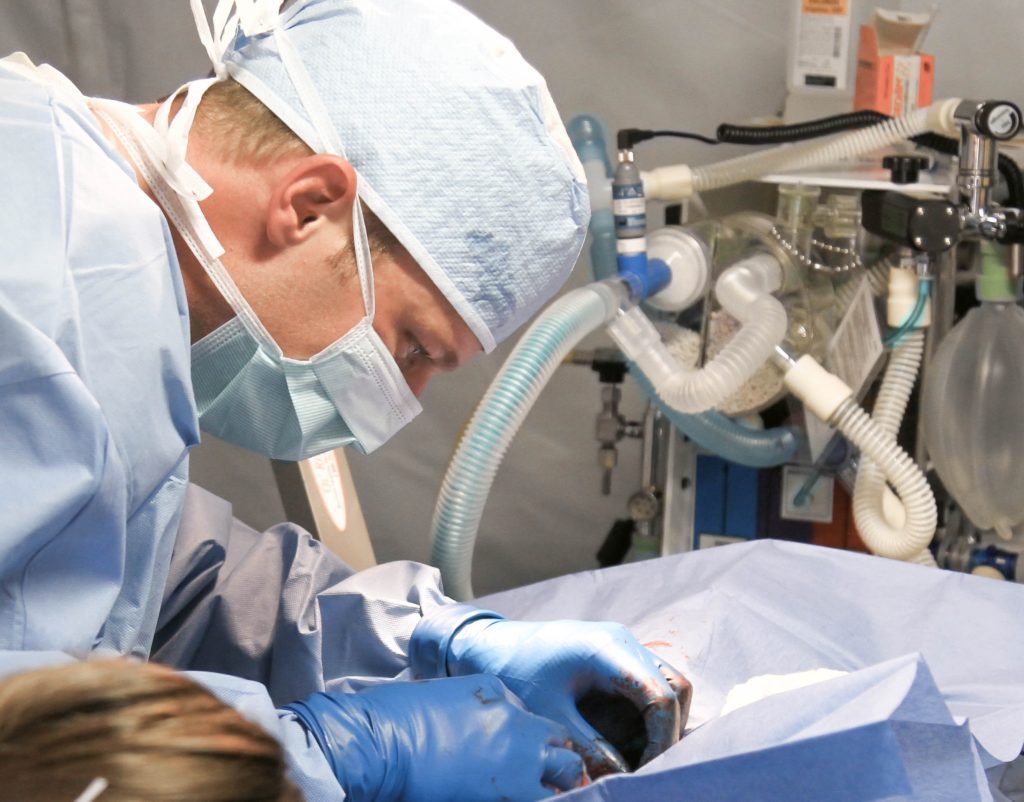
The Harvey Medical Course offered by the University of Pavia is indeed an exceptional school that stands out among all universities. Despite being the first of its kind in Italy, its teaching standards still serve as a model for other medical schools. The Medical Faculty founded in 1361 at the center of Pavia has still successfully retained its legacy. It offers the Harvey course, a complete curriculum that has been practiced by medicine for over 500 years. This system provides students with a solid background. Also, it is the first medical program in Italy that offers medical education in English.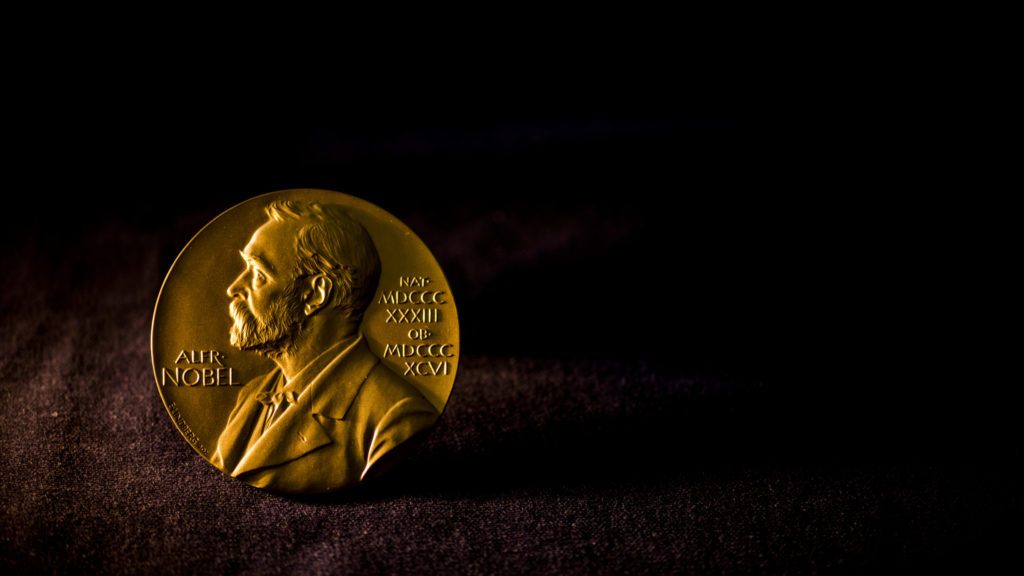
The Faculty of Medicine of Pavia consists of many teaching professors, scientists and clinicians who constantly follow the leading developments and up-to-date information in the Medical Field. Professor of pathology course, Dr. Gherardi (Immunology), had 20 years of teaching experience in Cambridge before coming to Pavia.
Medical education at the University of Pavia lasts 6 years. A single exam in English is valid for admission; International Medical Admission Test (IMAT).
The Motto of the University of Pavia Medical school is translated as ’’We train students not only as a professional doctor or surgeon but also as a scientist and doctor of the future “.This is absolutely right and with the long list of their alumni, it’s crystal clear that they have been complimenting their motto over the years.
The Italian Ministry of Education (Ministero dell’Istruzione) has granted accreditation to the University of Pavia. Additionally, the school is acknowledged by the World Health Organization through the World Directory of Medical Schools. Graduates of the Harvey Medical Course are also recognized by the UK General Medical Council.
A degree from the University of Pavia, in other words, will provide you recognition for your studies on a global scale.
Course Structure | University of Pavia
Medical school at the University of Pavia has its degree divided into 12 semesters and each semester averagely runs for the duration of 12 to 14 weeks each.
First-year Courses
- 1. semester: Living Molecules and Science Foundation of Medicine
- 2. semester: Structure of the body, Ultrasound Laboratory, The Disabled Person and Social Roots of Health
Second-year Courses
- 1. semester: Functions of the Body, and Ethics and Society
- 2. semester: Biology of Disease, Laboratory Medicine and Microbiology
Third-year Courses | University of Pavia Medical School
- 1. semester: Clinical Foundations, Systemic Pathology, Drug Discovery and Actions, Evolution in Medicine
- 2. semester: Disease Control and Eradication, Clinical Foundations Practicals, Blood Diseases, Diseases of Endocrine System and Metabolism, Precision Medicine, The Disabled Patients, Nanotechnologies in Medicine.
Fourth-year Courses
- 1. semester: Neurological and Psychiatric Diseases, Heart and Lungs and Sensory System Diseases
- 2. semester: Soft Tissue Diseases, Gi and Urinary Tracts, Clinical Cases 4th year
Fifth-year Courses
- 1. semester: Childhood and Woman Health, General Surgery I
- 2. semester: Clinical Cases 5th Year, General Surgery II, Clinical Pharmacology, Genetics & Pathology
Sixth-year Courses
- 1. semester: Clinical Medicine
- 2. semester: Thesis, Students Presentation of Scientific Papers, Practicals in Degree Thesis Subject, Practical Evaluative Traineeship in General Practice
The clinical experience is one of the most fascinating as well as challenging aspects of medical school at the University of Pavia. Students start their clinical rotations in the third year. Students mostly follow residents and ask questions during the short, one-month rotations that take place throughout the third year.
By this time, it is crucial to be qualified in Italian since, as would be expected from an Italian university and hospital, both patients and physicians speak the language. It’s also vital to keep in mind that many of the patients are old, making it occasionally difficult to comprehend them. As a result, being able to communicate successfully with patients and other medical personnel requires a high level of formal Italian.
The clinical experience is more intense starting in the fourth year, with rotations lasting anywhere between three and six months annually. To maximize their experience, many students decide to prolong their rotations by requesting to join the rotations of other students.
There are simply rotations and thesis writing in the sixth year; there are not many exams because they typically take place in the first semester. Students get the chance to apply what they have learned during their studies to use and receive real-world experience that will benefit them in their future employment as doctors during this last year.
A vital component of the University of Pavia’s medical curriculum, the clinical experience enables students to obtain practical experience and be ready for employment after graduation. Students gain practical experience while developing their skills and knowledge by interacting closely with patients and medical experts. Students at the University of Pavia are capable of developing into competent medical professionals who are prepared to make a difference in the field of medicine with commitment and hard effort.
University Fee
Tuition fees vary according to family income and country of origin of student. There is a flat rate for international students (from extra-EU countries) to pay in 4 installments. The variable fee is determined on an individual basis according to the financial situation of each student’s family (ISEE score). Please note that other expenses like textbooks, teaching material, accommodation rents, etc., are not included in the annual university tuition fees.
In Pavia, in addition to the ISEE, an organization named EDISU provides financial support for qualified students. Students can apply for a bursary before the start of the academic year by submitting the same documentation used for the ISEE. Financial help from EDISU is available up to 5,000 EUR, and occasionally considerably more. Additionally, qualified students may get free cafeteria meals and perhaps even free housing. It’s a wonderful tool that makes it easier for many students to pay for their education.
Medical schools in Italy are fairly inexpensive when compared to other medical schools in Europe that admit foreign students and offer instruction in English. The tuition costs at the University of Pavia are competitive and offer a top-notch education at an affordable price.
You take a look at our “Tuition Fee for Medical School in Italy” article for more detailed information.
Admission Requirements of University of Pavia
Students must have complete at least twelve years of secondary education to receive a diploma. Students must also take the IMAT exam in Italy or at a nearby testing center.
You can look at our “Admission Requirements for Medical Schools in Italy” article for detailed information.
Student Life in Pavia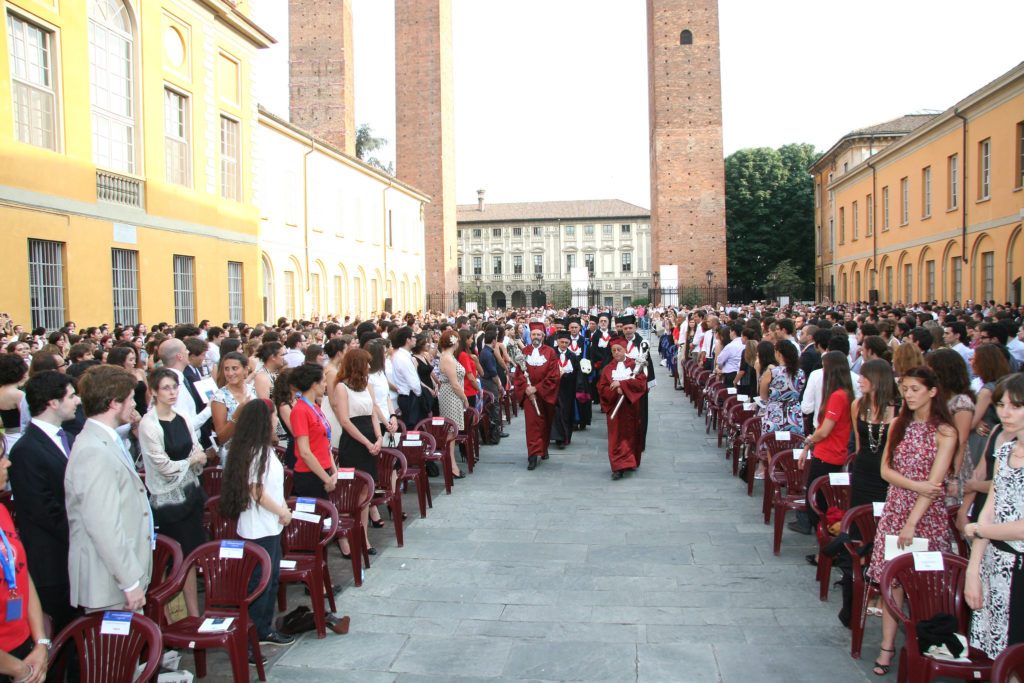
Pavia’s social life is well developed; the city’s big student population and the well-established, distinctive tradition of enormous summer parties hosted by the “colleges” allow you to recharge properly in between examinations and give your mind a little rest. The city is overflowing with ice cream parlors, clubs, and other venues where one can spend time with friends after classes. There are a significant number of international students, and making friends who speak English is not difficult.
Pavia’s transportation is similarly rather inexpensive. Students are able to use the center buses for just 25 EUR per year in 2023 by purchasing a bus subscription. This fantastic offer makes everything in Pavia easily reachable.
The majority of students visit one of the few reasonably priced gyms in the area when it comes to exercise. An annual gym membership normally costs between 350 and 400 EUR.
You can look at our “Student’s Life in Pavia” article for more detailed information.
Overall, the Medicine and Surgery education at the University of Pavia provides students with a distinctive and demanding experience that includes chances for sociability and practical clinical practice. By using social media, participating in student organizations, and making use of the university’s resources like EDISU bursaries, students may improve their educational experience.
Articles About Medical Schools
What A Student Life In Bari Is Like
Bari is the bridge that connects the Middle East and Eastern Europe. Located in a beautiful environment, there are lots of […]
What A Student Life In Messina Is Like
Messina is a survivor, having been through series attacks, there are still many artifacts in strategic positions around the city. She […]
A Look At Student Life In Padova
Academics is beyond the scopes of learning new things and memorizing theories. The environment in which a student study has a […]


